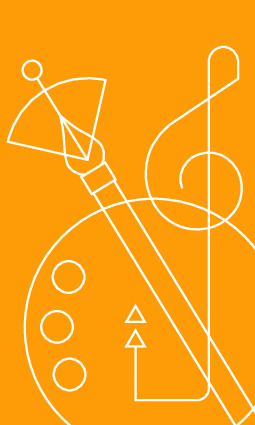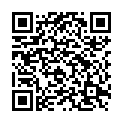|
|
|
| Module code: MAKM-315 |
|
|
4SU (4 hours per week) |
|
6 |
| Semester: 3 |
| Mandatory course: no |
Language of instruction:
German |
Assessment:
Written composition, presentation
[updated 24.09.2020]
|
Exam recurrence:
The information regarding exam recurrence is found within the exam policy of the study programme (ASPO).
|
MAKM-315 (P430-0033) Cultural Management, Master, ASPO 01.04.2020
, semester 3, optional course
|
60 class hours (= 45 clock hours) over a 15-week period.
The total student study time is 180 hours (equivalent to 6 ECTS credits).
There are therefore 135 hours available for class preparation and follow-up work and exam preparation.
|
Recommended prerequisites (modules):
None.
|
Recommended as prerequisite for:
|
Module coordinator:
Prof. Dr. phil. Christian Bauer |
Lecturer:
Dozierende des Studiengangs
[updated 06.11.2019]
|
Learning outcomes:
Depending on their thematic focus, students will be able to:
_ describe and classify works of fine art chronologically,
_ trace the development of art historical periods in their logical sequence,
_ assign sources to their respective period and evaluate them,
_ discuss visual art themes across periods,
_ weigh art theoretical positions against each other and to support them argumentatively.
_ select and critically discuss works, sources and art-theoretical texts from the visual arts for an exhibition, for example, on the basis of specific themes and periods,
_ evaluate the meaningfulness and necessity of exhibition content and based on this, make and justify cultural management decisions.
[updated 24.09.2020]
|
Module content:
Depending on the thematic focus, e.g. _Kunst und Körper (Art and the Body)_:
Since the very beginning of art, man has been concerned with representing the body. How has the image of the body and the human being changed in history? And how is this reflected in art history and art theory?
In the course of the seminar, students will receive an overview of the development of art from antiquity to contemporary art based on the concept of the body. In addition, we will look at cross-sectional topics and monographic approaches in order to expand our knowledge. Meanwhile, students will develop, expand and deepen their basic knowledge about the different periods in fine arts, art theoretical approaches from different centuries and art historical sources.
[updated 24.09.2020]
|
Teaching methods/Media:
_ Seminar
_ Group work
_ Knowledge of relevant sources
_ Presentation and preparation of documentation/written compositions
_ Study trips
[updated 24.09.2020]
|
Recommended or required reading:
Literature will be compiled according to the respective topic. In-depth literature research is required and is an integral part of the course.
Literature examples:
_ Belting, Hans: Menschenbild und Körperbild, Münster 2000.
_ Moskatova, Olga (Hg.): Jenseits der Repräsentation. Körperlichkeiten der Abstraktion in moderner und zeitgenössischer Kunst, München/Paderborn 2013.
_ Weiss, Philipp: Körper in Form. Bildwelten moderner Körperkunst, Bielefeld 2010.
_ Wyss, Beat (Hg.): Den Körper im Blick : Grenzgänge zwischen Kunst, Kultur und Wissenschaft, Paderborn 2008.
[updated 24.09.2020]
|


